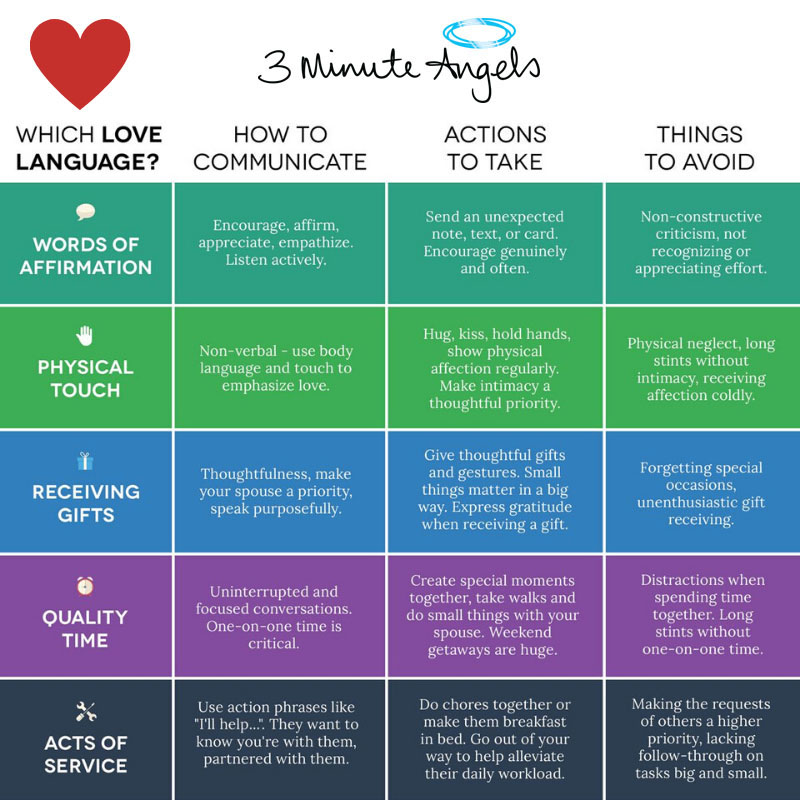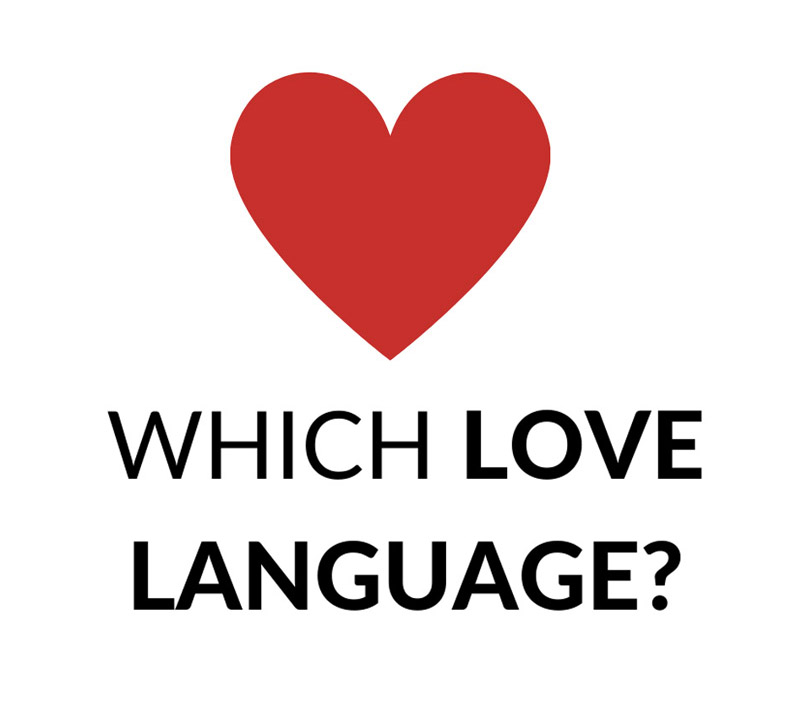Why “Love Languages” Is Relevant To Work
There is a case to be made for loving your work and having your work love you back.
For most of us, ‘work’ is a primary relationship. It is one that most of us spend 40-hours+ a week doing. Often more time than we spend with the ones we actually love.
If that is so, then we should take what experts say about “love languages” as instructive to employee-manager relationships. We can choose the manager to focus on as the relationship between managers and staff is a proxy for the relationship between the staff and the organisation.
Love Languages
It turns out that people learn – and love – in different modalities. With respect to learning some people are auditory (listening), some are visual (seeing), some are kinesthetic (doing) and others verbal (speaking).
With respect to showing or receiving, “love” is the same. Some can say “I love you” and mean it (verbal), while others might not say the words and instead offer “acts of service” as a way to show their love and affection (doing).

Getting a Match
When the “love language” matches. This is expressed as … “They love my work and frequently tell me so.“
When there is a mismatch, you might get someone saying something like this … “Words are cheap. Don’t tell me you love my work. Show me by adopting it.”

Workplace Love
In a workplace setting, we aren’t talking about romantic love (in most cases). However, the “love languages” offers an insight into both functional and dysfunctional workplace dynamics.
If the management is verbal and and the team are kinesthetic, then the manager’s words of praise will fall on deaf ears.
If the management is wise to this mismatch, they may change tactics. If the management doesn’t get this, then they may never change.
Do You Feel It?
In every workplace, there is a contingent that need to feel appreciated. They don’t need to hear about it, read about it or see it. They need to FEEL the appreciation and care of their manager.
Practically speaking, the manager can’t go around touching everyone, but 3 Minute Angels can.
3 Minute Angels can let your employees feel the love and care and appreciation.
Touch-based “thanks” gets cut-through. In part because touch is some individuals’ preferred “love language”. In part, because even if it isn’t your love language, it is unusual in a workplace setting to have a tactile experience.

